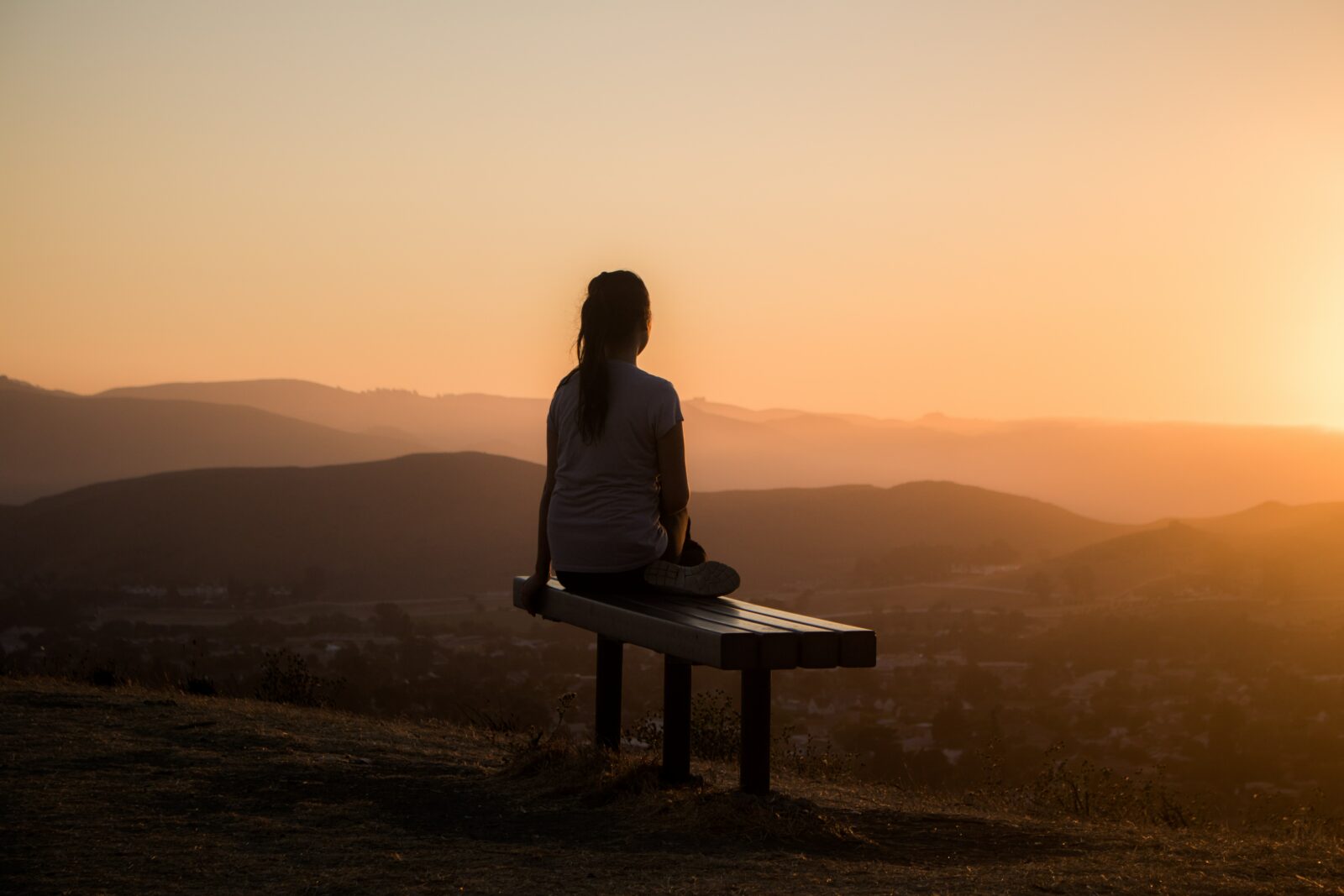Going green is a lifestyle. It’s not something you can do once and call it good. You have to make sure that you’re keeping your eyes open for opportunities to reduce the toxins in your environment and make sure you are making choices that are good for the planet and good for your family.
It can be overwhelming at first, so I’ve broken this down into some simple tips that you can use to get started on your low-toxin journey today.
- Start with the food you eat.
- Food is a major source of toxins in our lives, and it’s also one of the easiest areas to start making changes today. Do some research on what foods you eat regularly that may contain pesticides or other toxins and try to find organic substitutes for them. If you can’t find organic versions, try another brand that does not use pesticides or look into growing these foods yourself (more on that below).
- Start eating more fresh fruits and vegetables in general, as they tend to be lower in toxins than processed foods, which often contain preservatives and additives that can be harmful to your health. If possible, try buying local produce at farmer’s markets – this way you know where your food is coming from!
- Look for third-party certifications on products like cleaning supplies, food or personal care items. For example, if you see “USDA Organic” or “Green Seal” on the label of a product, it means that an independent organization has verified these claims and the product is safer than conventional alternatives.
- Reduce waste by buying products with little or no packaging. Use reusable bags when shopping.
- Buy energy-saving products. Installing compact fluorescent bulbs (CFLs) can make a real difference in your energy bill and reduce greenhouse gases.
- Recycle or donate old electronic products like computers and cell phones. This keeps these items out of landfills where they could release chemicals into the environment. You may also be able to use them yourself if they’re still functional!
- Stop smoking. Cigarettes contain thousands of chemicals and are not only bad for your health but also contribute to air pollution and litter problems in our community.























Leave a Reply